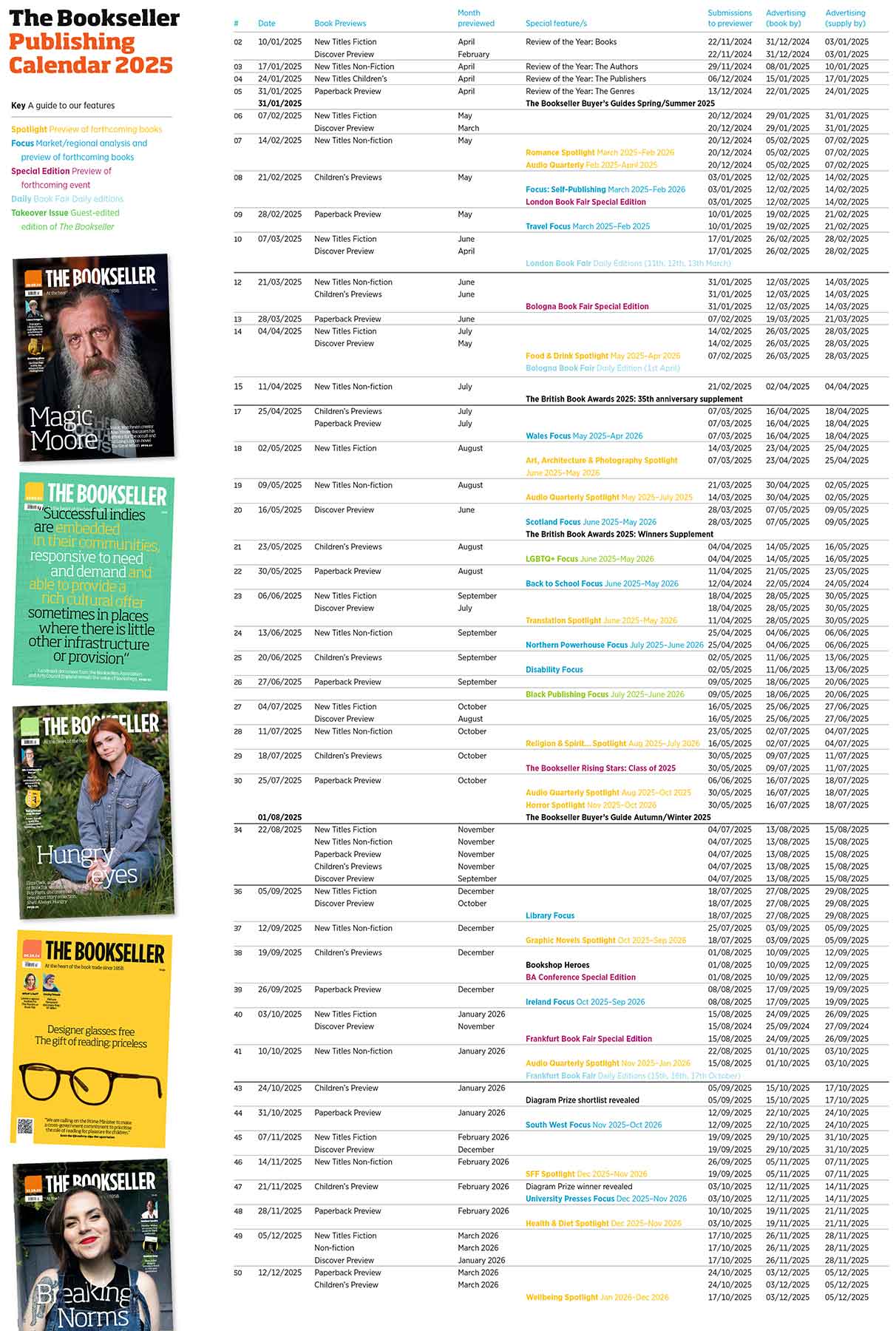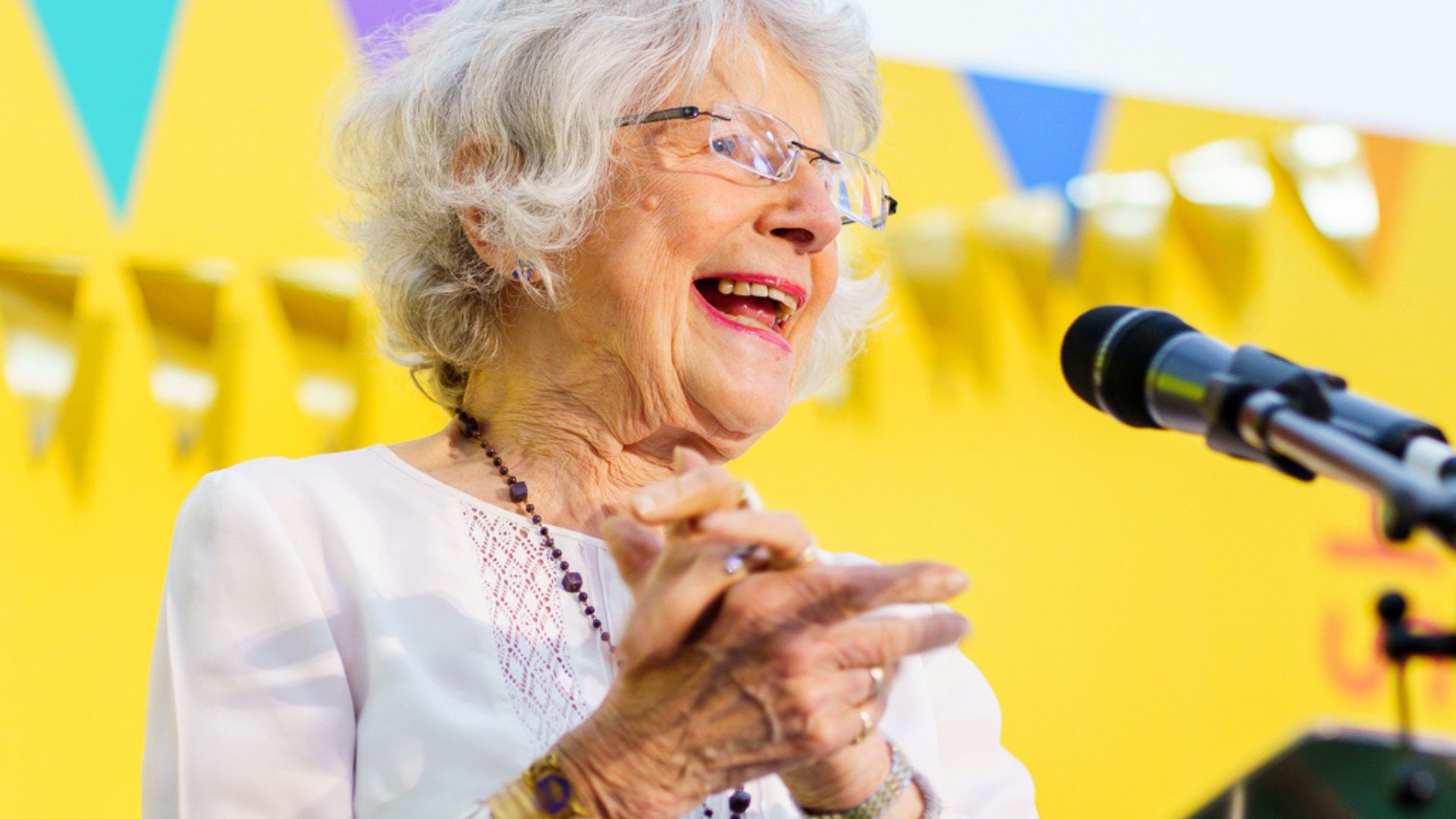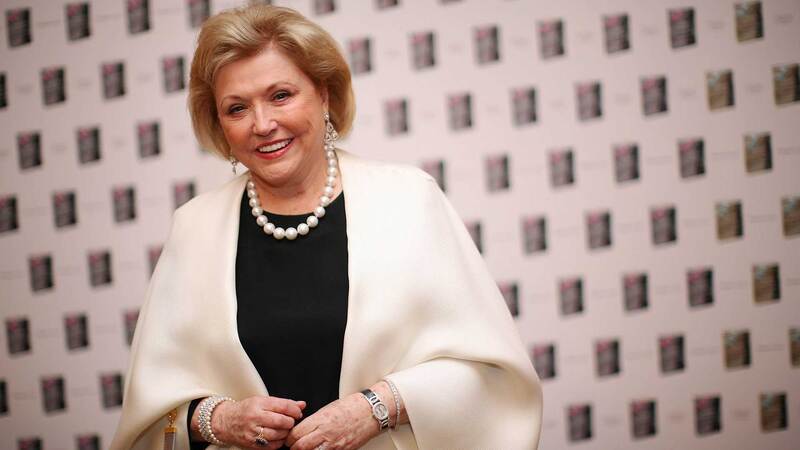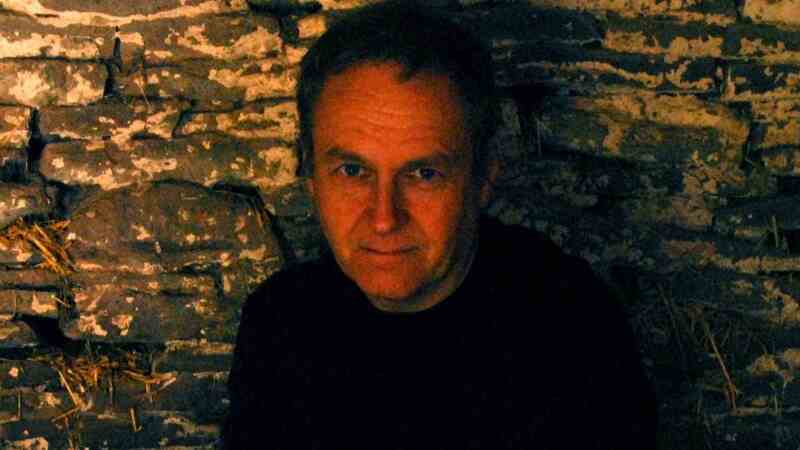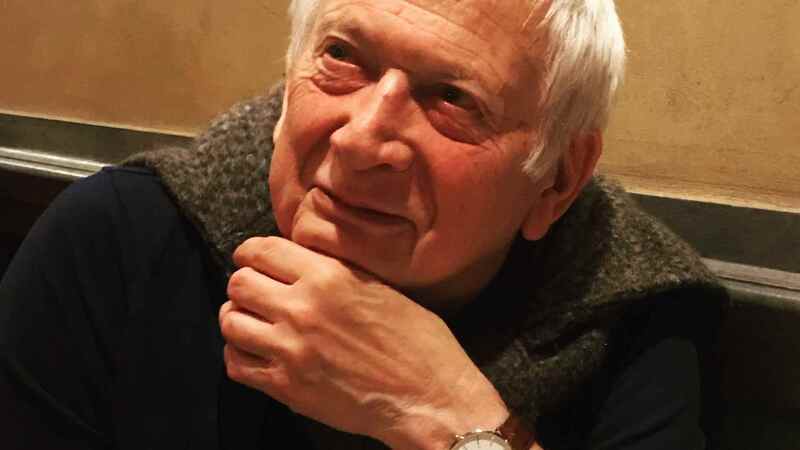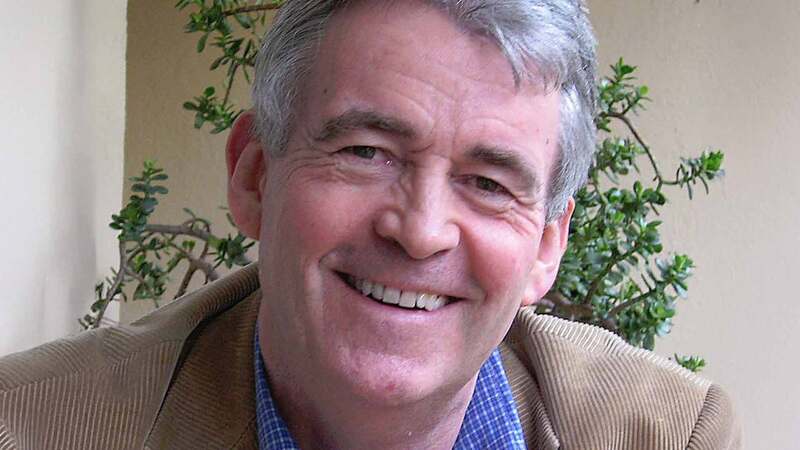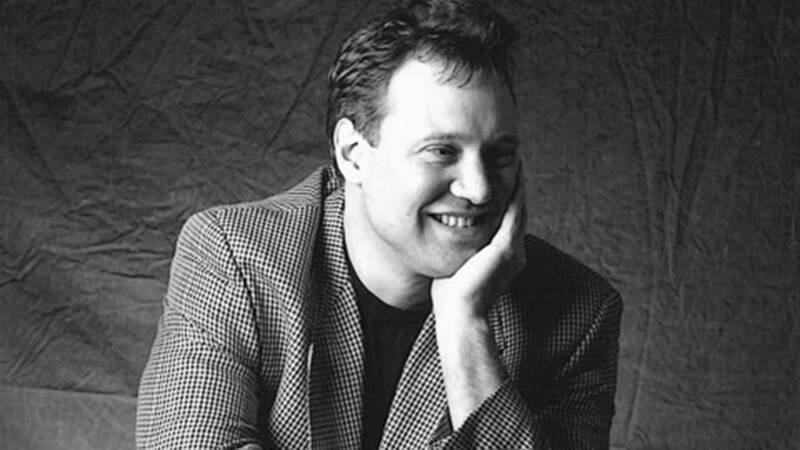You are viewing your 1 free article this month. Login to read more articles.
Flower-bedecked farewell to Carmen Callil
The elegantly produced order of service bore just one word on its cover: Carmen, embossed in aconite yellow on pale blue-grey. The first recto bore a colour photo of a smiling, summer-clad woman infront of some tastefully arranged “junk”. Beneath it: Dame Carmen Thérèse Callil, 15th July 1938–17th October 2022.
St Martin in the Fields was, unsurprisingly, crowded for the late-afternoon funeral. While no-one seemed able to confirm that she had planned her final act in detailed entirety, the 75-minute service encapsulated perfectly Callil’s “multitudes”, both in style and substance. The well-judged addresses by publisher Liz Calder and author Julian Barnes, together with readings by writers Hanan al-Shaykh and Polly Devlin, and the childhood reminiscences of a cousin, conjured up the woman whose contributions to publishing and social history are indisputable. In the closing prayers, Dame Gail Rebuck, chair of Penguin Random House UK, offered thanks for Callil’s “vocation as a pioneering publisher”.
The wicker coffin was borne into the church by seven women pall-bearers, among them agent Rachel Calder, author Daisy Leitch and Georgia Gould, leader of Camden Council; Gould and Rebuck and Philip Gould’s daughter. A small choir sang the “Lacrymosa” from Mozart’s Requiem and the Reverend Marie-Elsa Roche Bragg welcomed all who had come to celebrate a singular life. Callil was, she said, “the least Christian person I have ever met” and when Callil told her she wished her to preside at her final leave-taking, she had tentatively suggested that perhaps the ceremony would be better held at Lord’s, of which she was a member. But Callil wanted a “real funeral”, the tenets of her childhood still exerting their pull—even though the nuns she feared and loathed would not have countenanced anything other than God the Father. “For Carmen, God is Her”, said Rev Roche Bragg. “Mother and Father of us all”, began the Lord’s Prayer that followed the bidding prayers led by Rebuck and Mark Harvey.
Roche Bragg managed to sketch Callil in technicolor: the “traumatic” Catholic schooling that followed the death of her father, the suppression of her “very essence”. She was “lively, vulnerable, with a loving heart” and brave enough to explore the horrors her psychiatrist Anne Darquier could not live with. She was full of passion—for friends, conversation, flowers, music, dogs, France—and was driven by her belief that the world could be a better place.
Lest the proceedings become to solemn and serious, the choir interjected with an arrangement of the old Ink Spots number “I Don’t Want to Set the World on Fire”, though Callil clearly did. In every sense!
Then Barnes offered his “A to Z of Carmen”, prompting a good deal of affectionate laughter. C was for Coutts, an unlikely bank for an avowed republican. D was the DBE she accepted: while she most certainly did not believe in empire, being a Dame came in handy when dealing with pesky jobsworths at the aforementioned Queen’s bank, as Barnes noted during a long shared cab ride. He recalled the journey home to west London from a north London New Year’s Eve party that was for many years a fixture of their lives: “Carmen’s driving was not improved by wine”. Cue knowing laughter.
Liz Calder, her voice cracking with emotion, reflected on a friendship spanning 50 years, beginning when both were in publicity. It didn’t start well, “but we bonded as southern hemisphericans”. Callil was “a snappy dresser with expensive tastes” and “a crowded and complicated love life” who was “ever up for adventure”. There were holidays in France, where they both had homes, and in Italy (“we sang all the way from Pisa to Florence”) and trips to Brazil, where the literary festival that Calder and her husband, Bookseller editor Louis Baum, founded offered an exotic locale for “junking”—Callil’s term for scouring shops for antiques and bric a brac.
Devlin, to whom was entrusted the care of Carmen’s beloved terrier, Effie, read from Callil’s own evocative Lebanese Washing Stories. More surprising music followed: Abba’s “Fernando” (hats off to whoever wrote the choral arrangements) and then Rosie Boycott read from Christ’s Sermon on the Mount.
Then, between the prayers and the committal (John Donne’s words), mourners were invited to place a flower on the coffin. Row by row, as the choir sang Faure’s “Cantique de Jean Racine”, the congregants processed up the nave, each plucking a bloom from the profusion cascading from baskets held by Jane Hamlyn, Jessica Pulay, Kate Griffin and Devlin. When everyone was done, the pall-bearers carried the flower-bedecked casket out into the night rain to the strains of “I’ve Got Rings on My Fingers and Bells on My Toes”. At the end of an era, a moment of whimsy.
Among those present: Lennie Goodings, Ursula Owen, Ruth Petrie, Alexandra Pringle, Philippa Harrison, Anthony McConnell, Peter Straus, Clare Alexander, Helen Fraser, Jonathan Burnham, Ravi Mirchandani, Dan Franklin, Richard Charkin, Joanna Goldsworthy, Patrick Janson-Smith, Anne-Louise Fisher, Christopher and Koukla MacLehose, Louise Allen-Jones, Sally Gaminara, Liz Sich, Dotti Irving, Helen Ellis, Susan Sandon, Victoria Glendinning, Michael Holroyd, Tariq Ali, Ben Macintyre, Melvyn Bragg.



